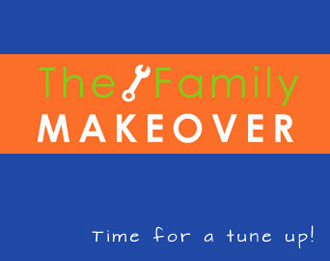“Life shrinks or expands in proportion to one’s courage”
– Anais Nin
 Spring is a time of new beginnings. It is a time to let go of behaviors that no longer make you happy and commit to making changes.
Spring is a time of new beginnings. It is a time to let go of behaviors that no longer make you happy and commit to making changes.
What are some behaviors that you would like to change? Have you picked up some bad habits? Is fear stopping you from doing something?
What would help you begin that change process? Take the first step.
Here are 4 Steps to Help You Start the Change Process
1. Identify what behavior you want to change and know why you must change it. Consider the reasons why the old behavior just doesn’t serve you anymore and the benefits of the new one. Commit to your new desired behavior.
2. Set yourself up for success by preparing yourself mentally and physically for action. Begin by writing down what you have committed to and posting it somewhere that you can see it often. Be sure to include the “why” you are doing it. Identify any obstacles and triggers that may jeopardize you and write down the solutions for these obstacles. Set up the supplies or circumstances that will help you achieve your desired results, this includes a support system. Join a gym. Throw out the cigarettes and buy carrot sticks and tic-tac’s instead. Set timers. Go buy a week’s worth of greens. Whatever your goal is-take action!
3. Take action. Think. Get clarity. Identify what you want and then commit to taking an actionable step towards your goal daily. This is where the real magic happens.
4. Maintain your new behavior by reminding yourself of the reason it’s important. Satisfaction with your new behavior is dependent upon your expectations. Keep your expectations realistic. Significant change takes time. Change is a process not an event. Slowly but surely you will meet your goals.
Maintain your new behavior for at least 30 days so a new habit begins to take place. And if you relapse to your old ways, just return to the desired behavior. It is not a sign of failure but rather another opportunity to make you stronger.




